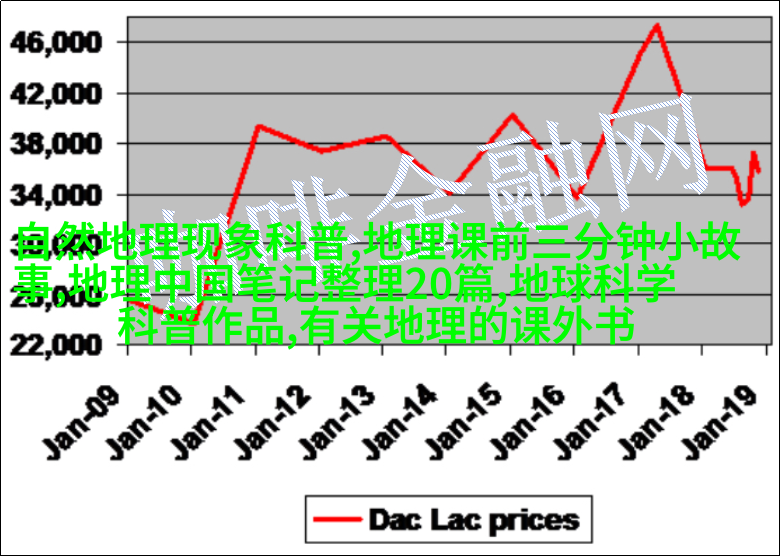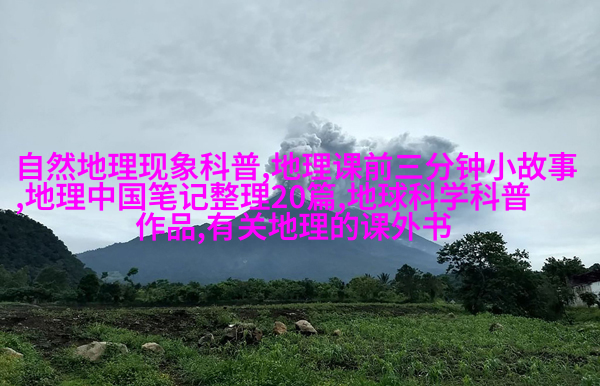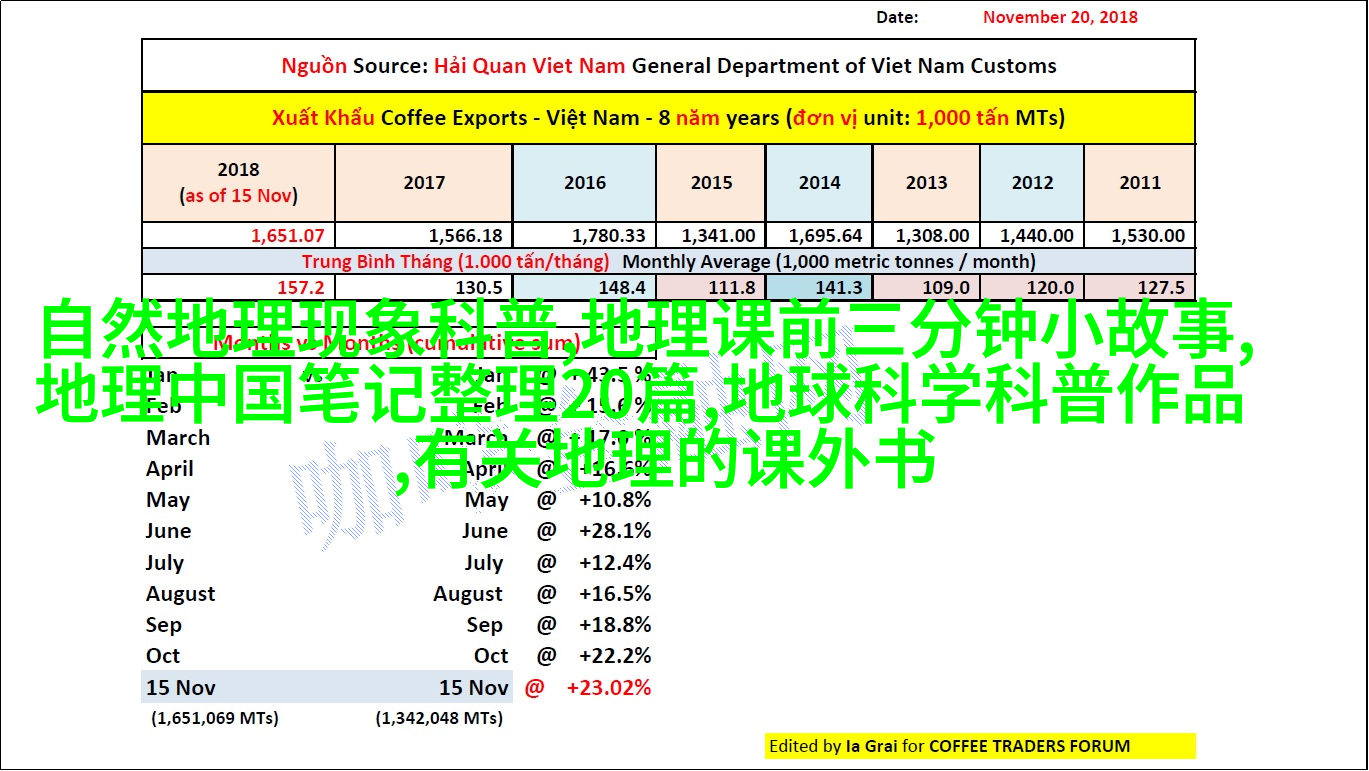科学实验的基本原则

科学实验是学习和探索自然规律的重要方式,它要求我们遵循一定的原则。首先,观察与问题提出是实验的起点。在日常生活中,我们可以观察周围的事物,比如水分子为什么会上升到杯口、树叶为什么会变色等,这些问题都是我们可以通过科学实验来解答的。其次,假设与预测是科学思维的一个重要组成部分。通过对现象进行深入思考,我们可以提出合理假设,并根据这些假设做出相应的预测。
了解五官知觉

我们的五个感官——视觉、听觉、嗅觉、味觉和触觉—are our windows to the world, through which we perceive and understand the world around us. For example, when we see a red apple, our eyes send signals to our brain, telling us that it's an apple and it's red. Similarly, when we hear a bird chirping outside, our ears pick up these sounds and send them to our brain for interpretation.
认识生态系统

An ecosystem is a community of living organisms (biotic factors) interacting with each other in their physical environment (abiotic factors). The interaction between these biotic and abiotic factors creates balance within the ecosystem. For instance, plants provide oxygen for animals while animals help pollinate plants by transferring pollen from one plant to another.
学习食物链与食物网

A food chain shows how energy flows from one organism to another in an ecosystem through consumption of food resources. A simple example of a food chain would be grass → rabbit → fox: Grass provides energy for rabbits who eat grass; rabbits are then preyed upon by foxes who consume rabbits as their source of energy.
探究地球自转与季节变化

Earth's rotation on its axis causes day and night cycles while its orbit around the sun leads to seasonal changes throughout the year. During summer months in the Northern Hemisphere, Earth tilts towards the sun resulting in more direct sunlight reaching this hemisphere causing warmer temperatures; conversely during winter months it tilts away leading to less sunlight exposure thus colder temperatures prevail.
文章内容结束
标签: 有关地理的课外书 、 地球科学科普作品 、 地理中国笔记整理20篇 、 地理课前三分钟小故事 、 自然地理现象科普



